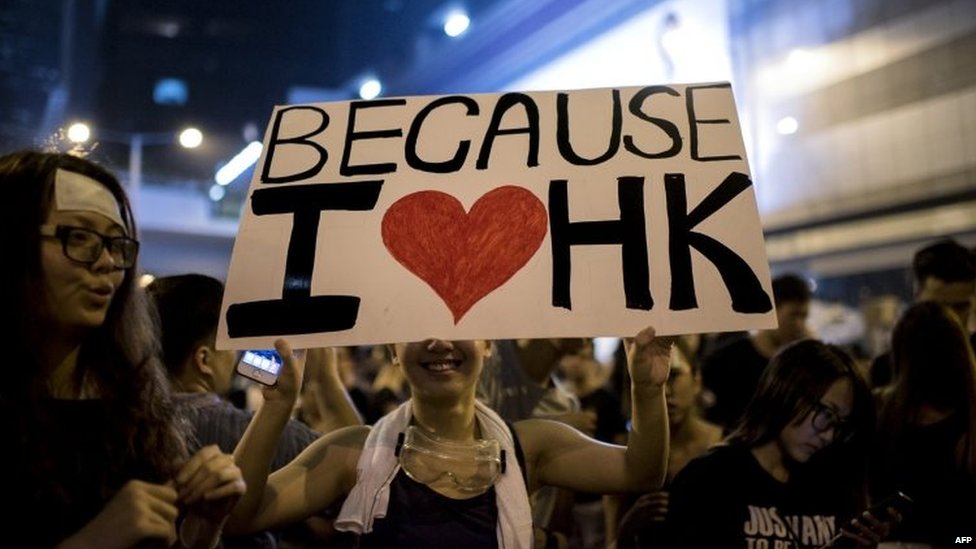There are many reasons States should help refugees, the most dominating of which is the moral obligation. Refugees are not individuals with have decided they ‘feel like moving to another country’. These are people whose lives are in such danger they can no longer safely reside in their own country. They need physical or legal protection, or have no foreseeable alternative long-term solution, or are the survivors or violence or torture. However many states do not have the capacity to deal with the increasing numbers of refugees. Therefore states should not be forced to accept refugees by international agreements.
Refugee resettlement programs are a necessity. The number of conflicts occurring yearly has been steadily increasing over the last decade, as have the number of refugees. These are individuals in desperate need, the by are being persecuted or fear persecution. Nations should feel a responsibility to aid these individuals, who’s governments cannot or will not help them. Everyone should have the right to live in the conditions free from persecution, something many take for granted. However national governments should be able to decide the scale of such programs for themselves
Each resident of a nation is a cost to the government and society, a burden if you will. As current citizens and the government pick up this cost, they must be able to determine how much they are willing to sacrifice to enable others to immigrate. This is a decision that must be made by the individual state, not controlled by an international body. Some countries, such as Lebanon, are able to host large numbers of refugees in relation to its national population. In Lebanon 1 in 5 people are refugees. But this is a decision the national government has made given the domestic conditions, the number of applications by refugees, the conflicts in neighbouring counties and the domestic opinion on immigration, amongst other things. However this is not the case in every country. Therefore states must not be force to accept refugees; they must be free to determine their own situation.
Furthermore, the number of refugees a country must accept cannot be a fixed number. Given the globalised nature of the economy, domestic markets are often unstable and volatile. As such governments must be able to decide immigration allowances on there own terms. National priorities, fortunately or unfortunately, must be ranked above the needs of non-nationals. For example, during the recent economic crisis, governments had to put their efforts into aiding citizens’ recovery, ensuring they had job opportunities and were financially viable. If the domestic situation is such that there are few opportunities for residents, states must be able to lower the number of refugees they accept. States therefore must be able to decide whether the economic situation is such that an immigrant would be able to thrive rather than be forced into poverty. Governments must be free to adjust regulations on all types of immigrants and should not be forced into a corner by international regulations.
Forcing states is not effective. Current international legal obligations are not successful. Of the 196 countries in the world only 21 of them currently participate in resettling refugees. Of these, the United States of America, Australia and Canada accept 90% of resettled refugees. If states are required to accept refugees, all countries must be made to accept refugees. Current regulations are also not toughly enforced, making the regulation in itself ineffective and useless. As such it could be more effective to encourage governments to create their own policies than attempting to enforce an unenforceable policy.
States have sovereignty over their territory and borders, they control of who and how many people are able to cross their border. They have a commitment to their own residents above and beyond their commitment to foreign nationals. Therefore they must be free to determine their own policy and regulations towards the immigration of refugees based on the domestic circumstances they are experiencing. They should not be forced into decisions by international regulations.
** The above is an argument I feel is rarely considered and one that, whether correct or not, should be brought into discussion. It does not necessarily reflect my own opinions.
